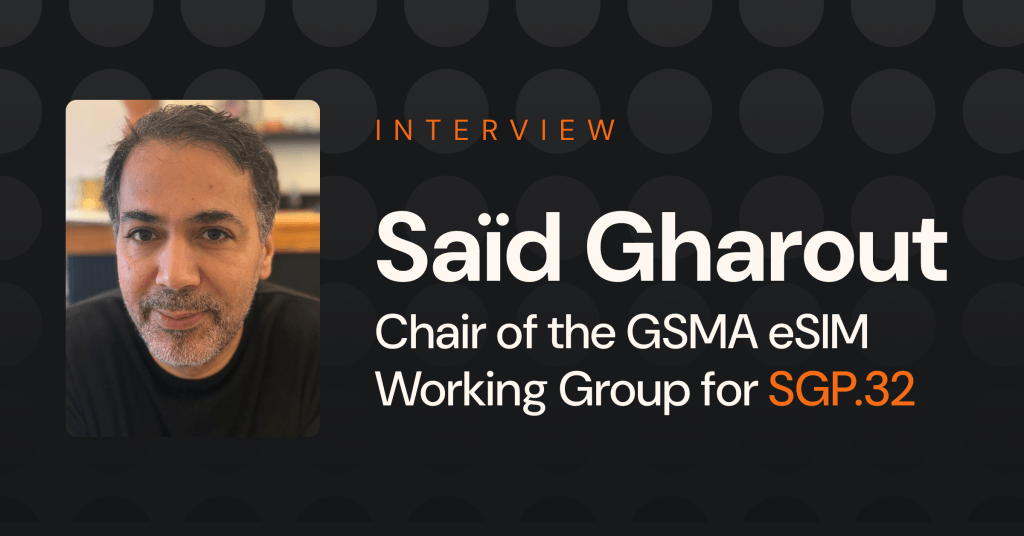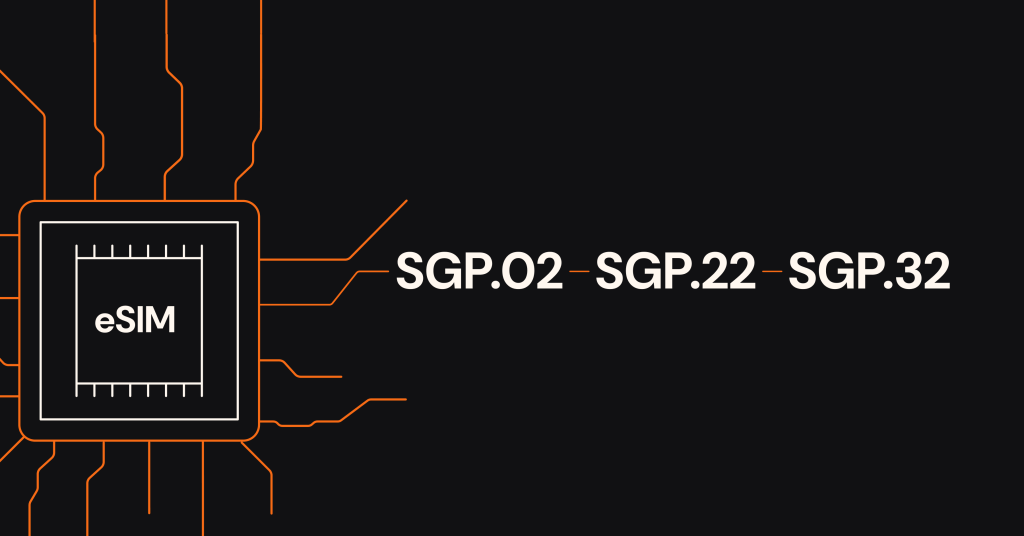Rapid developments in Internet of Things (IoT) devices and connectivity create uncertainty for IoT solution providers. These uncertainties dramatically impact ROI and availability, causing solutions to fail or not even get off of the ground.
It’s not uncommon for IoT projects to fail because of poor connectivity choices. To save future headaches, make sure you prioritize connectivity early on and remember that what works during testing might break when scaling globally.
Understanding cellular connectivity and how to future-proof solutions is crucial for IoT deployments. The checklist and full report (which you can download below) cover key aspects of connectivity, from devices to networks, and offer actionable tips on how to avoid common connectivity problems.
Future-proofing IoT devices checklist
Here’s how to future-proof cellular IoT devices:
1) Choose a dual-band modem
Using an e.g. LTE-M modem with LTE cat. 1 bis would give your device two low-power IoT connectivity options where one is a backup for when the other isn’t available.
2) Use power-efficient network technologies
NB-IoT and LTE-M use very little power. Onomondo’s no-code cloud connectors also save power by stripping away unnecessary data wrapped around payloads.
3) Keep device logic simple
Reduce the need for updates by e.g. not adding extra logic to SIM cards and putting IoT Cloud service SDKs in the network rather than on devices
4) Avoid lock-in with a single cloud vendor
Your device should be able to function if a cloud service is discontinued (see Google Cloud IoT Core). Onomondo’s Connectors can make your device cloud agnostic.
5) Don’t add custom code to SIMs
Custom code isn’t GSMA compliant, so SIMs may not work on some devices. Proprietary functionality also locks businesses into using one SIM operator unless they physically swap SIMs.
6) Make sure you have the freedom to leave
Negotiate with carriers to keep the IMSI, Ki, and OPC keys as your property. This can make it possible to change operators on SIMs over the air with an SMS.
7) Avoid PLMN lists on your SIMs
It’s common practice for operators to prioritize cheaper networks using Public Land Mobile Network (PLMN) lists on SIMs. By not adding an operator-defined PLMN list, users have the freedom to define their own lists or simply let the device choose which network to connect to based on signal strength.
8) Choose a global network with one APN
Thinking globally from the start helps you avoid roadblocks down the road and reduces forecasting complexity. Onomondo is the only network with full core integration to over 700 networks worldwide.
9) Prioritize data pricing with no active SIM fees
Save time by not having to manage subscriptions, don’t pay for data that you are not using, and make sure you have full network flexibility.
10) Choose a connectivity provider that is future-proof
Onomondo’s global connectivity and platform let you control everything via our API and Platform. We then give all of the information we have to our users, so they can, for example, do over-the-air network list and PLMN list updates, check connection logs, and access live data packet monitoring to debug connectivity in real-time.
Download the full report
Now you’ve read the checklist, get the full story by downloading the full future-proofing IoT connectivity report. After reading, you’ll better understand typical problems with cellular IoT and how to solve them.
How Onomondo can help
Here’s a short summary of how Onomondo can help you future-proof your IoT devices as you scale your business in a constantly changing technology landscape.
Global IoT SIM cards
Power your IoT devices with interoperable IoT SIM cards with pay-as-you-go data. Available in every form factor (FF2, FF3, FF4, MFF2 eSIMs) and UICC or eUICC.
Less data overheads. Save on power
No-code IoT cloud connectors take SDK logic off of devices and put it into our network. Data security and data steering are built into the network and your device now uses less data and power. Connectors are available for a range of cloud solutions (think Azure IoT, AWS IoT, IBM IoT etc.). Simple, secure and efficient.
Troubleshoot faster
Onomondo’s insight tools help you see precisely what is going on between your device and the network. Because Onomondo has integrated every RAN into the same globally distributed core network, users have 100% real-time data insights everywhere.
Simplify SIM management
Manage SIMs with the networks and endpoints you need, all within a unified IoT connectivity platform. Our automated price scaling and always active SIM cards let you focus on improving products and not managing costs.
A global network marketplace
Scale you business with 180+ countries and 700+ Radio Access Networks (RANs) at your disposal. Build your ideal coverage map by defining which networks are allowed and which are not allowed. Networks are configurable for every single SIM at any given time. It’s entirely up to you whether you focus on coverage or price. We give you total flexibility.







